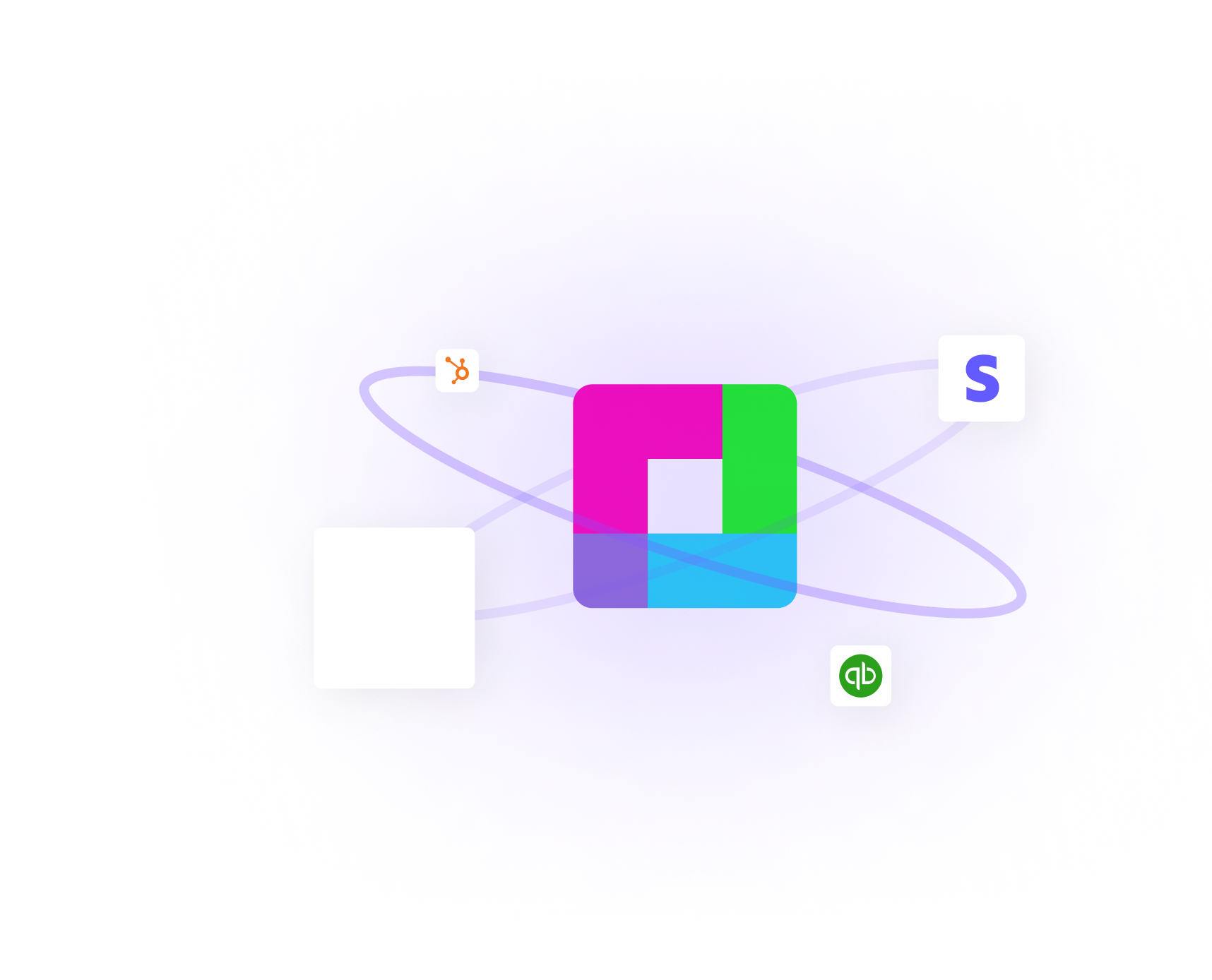
Overview
Welcome to our comprehensive guide on leveraging ETL tools for QuickBooks data management and optimization. QuickBooks, a robust accounting software, generates a wealth of financial data that is pivotal for decision-making and strategic planning. Extracting, transforming, and loading (ETL) this data into a spreadsheet can significantly enhance its value, providing clearer insights and facilitating smoother workflows. Through ETL, users can streamline the data management process, improve data accuracy, and unlock advanced analytical capabilities. On this landing page, we delve into the intricacies of QuickBooks, explore the wide array of ETL tools tailored for QuickBooks data, discuss various use cases for ETL processes, and introduce Sourcetable as an innovative alternative to traditional ETL methods. Additionally, we offer a comprehensive Q&A section to address common inquiries about ETL with QuickBooks, ensuring you have all the necessary information to leverage your QuickBooks data to its fullest potential.
ETL Tools for QuickBooks
ETL stands for \"Extract, Transform, Load,\" a process that is crucial for managing data from various sources such as QuickBooks. These tools are designed to extract data from QuickBooks and other sources, transform it to fit a desired format, and load it into a database, data warehouse, or data lake. Stitch, for example, is an ETL service that specifically caters to developers, offering a simple yet powerful way to connect to first-party data sources, including SaaS tools, databases, and platforms like MongoDB, MySQL, Salesforce, and Zendesk. Stitch is capable of replicating data from QuickBooks into your warehouse efficiently, setting up the process in minutes.
Among the leading ETL tools that facilitate the extraction of data from QuickBooks are Airbyte, Fivetran, StitchData, Matillion, and Talend Data Integration. These tools not only extract data from various APIs and databases but also transform it efficiently and load it into the appropriate data management systems. They enhance the overall capabilities for data management, ensuring that businesses can leverage their data effectively.
The benefits of using ETL tools with QuickBooks are numerous. For instance, Airbyte's QuickBooks connector simplifies the process of data extraction and syncing. It enables users to set up a QuickBooks connector in just three steps and configure the connection by selecting the data to extract, setting the sync frequency, and specifying the destination for the extracted data. With the ability to connect to over fifty different destinations, Airbyte provides a flexible solution for QuickBooks data extraction and management.
Streamline Your QuickBooks Data Management with Sourcetable
Integrating QuickBooks data into your business intelligence workflow can be a complex task when considering third-party ETL tools or developing an in-house solution. Sourcetable offers a seamless alternative that simplifies this process by allowing you to extract, transform, and load your QuickBooks data directly into a user-friendly, spreadsheet-like interface. With Sourcetable, you can bypass the technical hurdles and focus on what matters most—your data insights and business automation.
Sourcetable stands out by syncing your live data from QuickBooks, along with other apps or databases, into one centralized location. This integration eliminates the need for complex ETL pipelines or manual data consolidation, saving time and reducing the risk of errors. The platform's intuitive spreadsheet interface empowers you to query and manipulate your data without requiring specialized programming knowledge, making it an invaluable tool for business professionals of all skill levels. Embrace Sourcetable for a more efficient and accessible approach to managing your QuickBooks data for business intelligence.
Common Use Cases
-
Business intelligence analysisQ
-
Consolidation of financial data with other systemsQ
-
Compliance reportingQ
-
Performance optimizationQ
Frequently Asked Questions
What is ETL?
ETL stands for Extract, Transform, Load. It is a process used for batch processing, commonly associated with traditional data warehouses. ETL extracts data from QuickBooks, transforms it to fit operational needs, consolidates it for business intelligence, and loads it into a database for analysis and other purposes.
Why do companies perform QuickBooks ETL?
Companies perform QuickBooks ETL to help with data consolidation, compliance, business intelligence, data analysis, data integration, and performance optimization. It enables them to efficiently utilize their financial data for strategic decision-making.
What are some criteria for selecting a QuickBooks ETL solution?
When selecting a QuickBooks ETL solution, companies should consider ease of use, connectivity to first-party data sources, the ability to replicate data to a warehouse without API maintenance, control over replication behavior, and support for leading databases and SaaS products.
What types of data can be extracted from QuickBooks?
Data that can be extracted from QuickBooks includes customer data, vendor data, invoice data, payment data, sales receipt data, purchase order data, item data, account data, report data, and payroll data.
What are some other potential services for QuickBooks ETL?
Other potential services for QuickBooks ETL include Airbyte, Fivetran, StitchData, Matillion, and Talend Data Integration. These tools assist in extracting data from QuickBooks, transforming it, and loading it into a data warehouse or data lake.
Conclusion
ETL and ELT tools such as Airbyte, Fivetran, StitchData, Matillion, and Talend Data Integration offer robust solutions for integrating QuickBooks data with other systems, ensuring efficient data extraction, transformation, and loading into databases, data warehouses, or data lakes. With capabilities like handling large, diverse data sets and customizing connectors, these tools enhance data management and can cater to both open-source and managed service preferences. However, for those seeking a streamlined approach to ETL directly into spreadsheets, Sourcetable provides an alternative that simplifies the process. Sign up for Sourcetable today to get started and experience the ease of managing your QuickBooks data.






